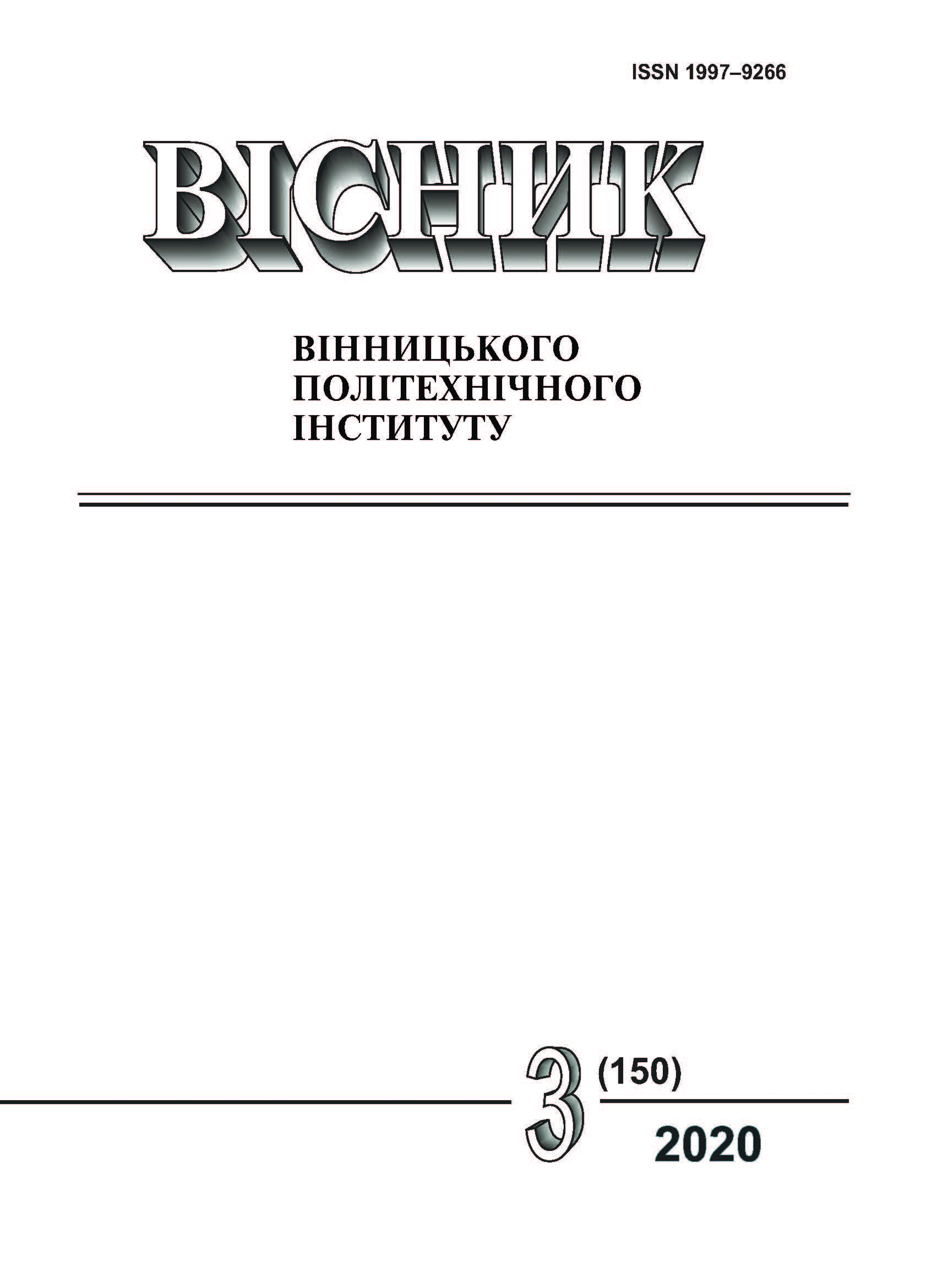Conceptual Models for Supporting Decision Making in Multiple Administration Systems
DOI:
https://doi.org/10.31649/1997-9266-2020-150-3-51-56Keywords:
system, knowledge base, database, administration, category theory, modelAbstract
Intelligent information systems to support decision-making, taking into account current trends and directions of development, are a basic part of the functioning of society. The main task of many, which lies in the development of decision support systems, is to present knowledge of a particular subject area, which has its own characteristics depending on the countries in which it operates. Decision support systems have various features that characterize the main tasks of the subject area in which this system is used, including, for example, the presentation of knowledge of multilevel administration systems for decision support at the state level. The most effective for the formal presentation of knowledge in decision support systems, given the modern knowledge base, experience and technology, is mathematical modeling, which can be used to present declarative knowledge about land relations.
Therefore, now there is an urgent scientific and practical problem, which involves the presentation of the subject area in the form of mathematical and information models with its further implementation to organize and fill the knowledge base of the decision support system to implement the operational functioning of this system in the chosen field.
The tasks set in this study were solved by using the following methods: isotonic mapping for rational borrowing of the administration system, as a standard of a multilevel system, mathematical logic and mathematical modeling, which will provide models of knowledge representation, system analysis for scientific substantiation of acceptance system solutions.
The study for the first time developed conceptual models for implementing the functioning of decision support systems for multilevel administration based on the methods of category theory, which allow reflecting the unique knowledge of the subject area in the decision support system to solve the problem. All the knowledge represented by these models is connected and has a certain relationship with each other, depending on the task to be solved, and they realize the possibility of further presentation of the theory in practice with the help of modern information technology. The developed models to some extent ensure the relevance of knowledge in the system.
References
С. М. Братушка, С. М. Новак, і С. О. Хайлук, Системи підтримки прийняття рішень. Суми, Україна: ДВНЗ «УАБС НБУ», 2010.
В. Ф. Ситник, Системи підтримки прийняття рішень. України, Київ: КНЕУ, 2004.
М. А. Кухар, «Моделі комп’ютерної підтримки прийняття рішень системи земельних відносин в Україні.» дис. канд. техн. наук, Харківський національний університет міського господарства імені О. М. Бекетова, Харків, 2018, 155 с.
Land Administration in the Unece Region, Development Trends and Main Principles. New York and Geneva, 2005. [Online]. Available: https://www.unece.org/fileadmin/DAM/env/documents/2005/wpla/ECE-HBP-140-e.pdf. Accessed on: 22.12.2019.
J. Dietz, Enterprise Engineering Enterprise Ontology. [Online]. Available: http://www.siks.nl/map_IO_Archi_2006/J.Dietz.pdf. Accessed on: 20.01.2018.
K. Kozaki, O. Saito, and R. A. Mizoguchi, “Consensus-Building Support System based on Ontology Exploration,” Springer-Verlag Berlin Heidelberg, с. 1-12, 2011.
М. А. Кухар, «Алгоритм функціонування системи підтримки прийняття рішень в земельних відносинах,» Інформатика та математичні методи в моделюванні, № 4 (7), с. 325-332, 2017.
К. О. Метешкін, і М. А. Кухар, «Розробка формальної теорії статті земельного кодексу України та її алгоритмізація,» Scientific Journal «ScienceRise», № 1 (42), с. 37-39, 2018.
О. С. Подскребко, «Розробка структури системи підтримки прийняття рішень з управління виробничою логістикою промислового підприємства,» Бізнесінформ, № 4, с. 139-146, 2019.
Downloads
-
PDF (Українська)
Downloads: 304
Published
How to Cite
Issue
Section
License
Authors who publish with this journal agree to the following terms:
- Authors retain copyright and grant the journal right of first publication.
- Authors are able to enter into separate, additional contractual arrangements for the non-exclusive distribution of the journal's published version of the work (e.g., post it to an institutional repository or publish it in a book), with an acknowledgment of its initial publication in this journal.
- Authors are permitted and encouraged to post their work online (e.g., in institutional repositories or on their website) prior to and during the submission process, as it can lead to productive exchanges, as well as earlier and greater citation of published work (See The Effect of Open Access).





